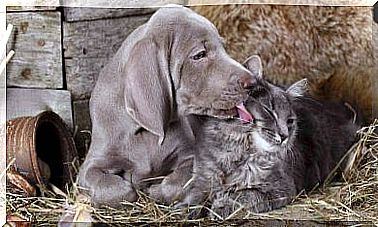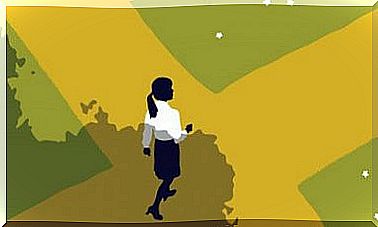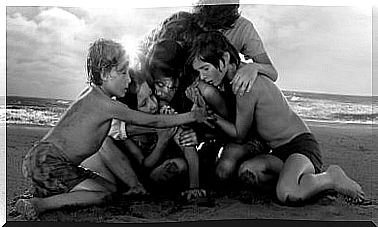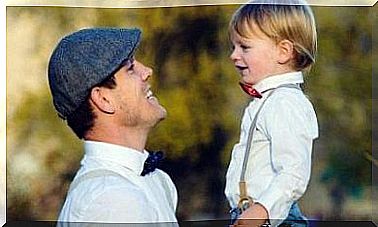The 4 Personality Types According To Gerlach, Farb, Revelle And Nunes Amaral

Throughout the history of psychology, various authors have developed different theories of personality, including different types of personality. Recently, a group of researchers from Northwestern University in Evanston, Illinois (USA) have carried out a comprehensive analysis of data whose results challenge established paradigms in psychology. The study has been led by Martin Gerlach.
Social psychologists question whether there are personality types. Traits are another matter. Personality traits “can be measured consistently across ages, across cultures,” said Amaral, study co-author, professor of Chemical and Biological Engineering at Northwestern University’s McCormick School of Engineering.
Researchers have reviewed data from more than 1.5 million respondents and found that there are at least four distinct groups of personality types: average, reserved, self-centered, and role model. These four personality types are based on five basic personality traits: neuroticism, extraversion, directness, agreeableness, and conscientiousness. The new study has been published by the journal Nature Human Behavior.
A still controversial concept in psychology
William Revelle, professor of psychology at the Weinberg College of Arts and Sciences and lead author of the study, explains that “people have tried to classify personality types since the time of Hippocrates, but previous scientific literature has found that this does not. makes sense”. The data from this new research shows that “there are higher densities of certain personality types.”
However, at first, Revelle was skeptical of the premise the study presented. The concept of personality types remains controversial in psychology, especially since several classifications have received empirical support. Previous attempts based on small research groups yielded results that were often not replicable.

“Personality types only existed in self-help literature and had no place in scientific journals ,” says Amaral. “Now, we think this will change because of this study.”
Personality types: new approach
The new research combined an alternative computational approach with data from four questionnaires with more than 1.5 million respondents from around the world obtained from John Johnson’s IPIP-NEO with 120 and 300 items, respectively, the myPersonality project and data sets from the proof of the great personality of the BBC.
The questionnaires, developed by the research community over decades, have between 44 and 300 questions. People voluntarily respond to online questionnaires, lured by the opportunity to receive feedback on their own personality.
From this large data set, the team of researchers identified the five traits that are perhaps most widely accepted: neuroticism, extraversion, openness, agreeableness, and conscientiousness. After developing new algorithms, four personality groups or types emerged:
- Average guy. Average people are high on neuroticism and extraversion, while low on openness. According to the researchers, women are more likely to be of the average type.
- Reserved type. The reserved type is emotionally stable, at the same time not very neurotic. Those who belong to him are not particularly extrovert, which does not mean that their treatment is pleasant.
- Model to follow. People in the role model score low on neuroticism and high on all other traits. The likelihood of someone being a role model increases dramatically with age. According to the researchers, these are trustworthy people and open to new ideas, they are good people to be in charge of things. They also say that women are more likely to belong to this group.
- Egocentric people. Egocentric people score high on extraversion and are below average on openness, kindness, and conscientiousness. There is a very dramatic decrease in the number of egocentric types as people age, in both women and men.
Personality changes throughout life
The researchers explain that as people mature, their personality makeup changes. For example, older people tend to be less neurotic, yet more conscientious and agreeable than people under the age of 20.
“When we look at large groups of people, it is clear that there are trends, and also that those trends can change over time, ” Amaral said.









